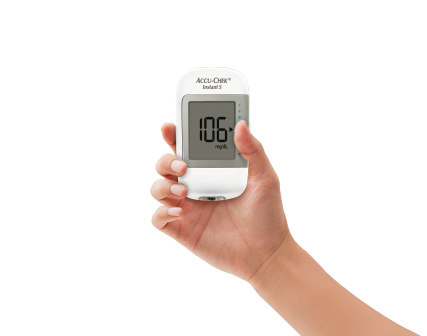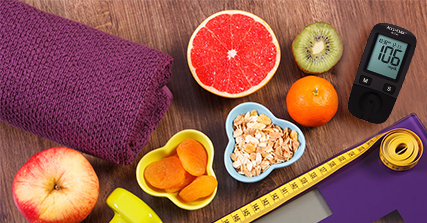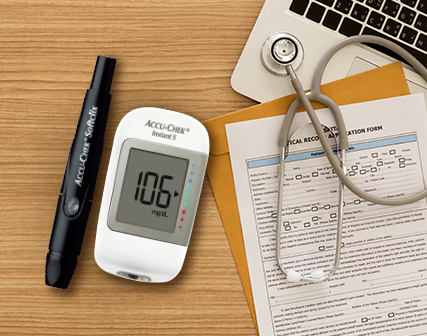What should my blood glucose range be?
Your blood glucose levels are very dependent on your activities. Your food, exercises you follow, lifestyle habits- all of these can cause your blood glucose level to increase or drop. The key to staying in balance is in monitoring your blood glucose at the right time, and understanding how it gets affected. This can help you determine next steps. Here's a handy list of how often you need to check your blood sugar:
- Before each meal
- 1 to 2 hours after each meal
- Before and after physical activity
- When you're feeling sick or stressed
Fluctuating blood glucose levels can affect your health and wellness in many ways! Low blood sugar brings sorrow, hunger, and exhaustion. You feel shaky, begin to sweat, and your head starts aching. If your blood sugar continues to drop, you will get confused, sleepy, irritable, and can even have seizures in a worst-case scenario.

In the event of high blood sugar, you may experience thirst, exhaustion, blurry vision, frequent urination, and rapid weight loss. Over and above this, you will feel nauseous, faint, and may even get a nasty stomach ache.

(Ensure that you tend to these medical emergencies when they occur. It is useful to have an ID card on you at all times that says you have diabetes and lists the medications that you have been prescribed.)
Here is a list of blood glucose readings for reference:
*Goals maybe more or less stringent for each individual basis their overall health status. Hence goals must be aligned with your doctor
| Blood Glucose Levels | Fasting | Two hours after meals | HbA1c |
|---|---|---|---|
| Normal person without diabetes | 70—99 mg/dl | < 140 mg/dl | < 5.7% |
| ADA recommendation for diabetics patients | 80—130 mg/dl | < 180 mg/dl | < 7.0% |
https://www.diabetesselfmanagement.com/blog/what-is-a-normal-blood-sugar-level/ accessed on Oct 2019
http://www.webmd.com/diabetes/blood-sugar-levels#1-2 accessed on Oct 2019



